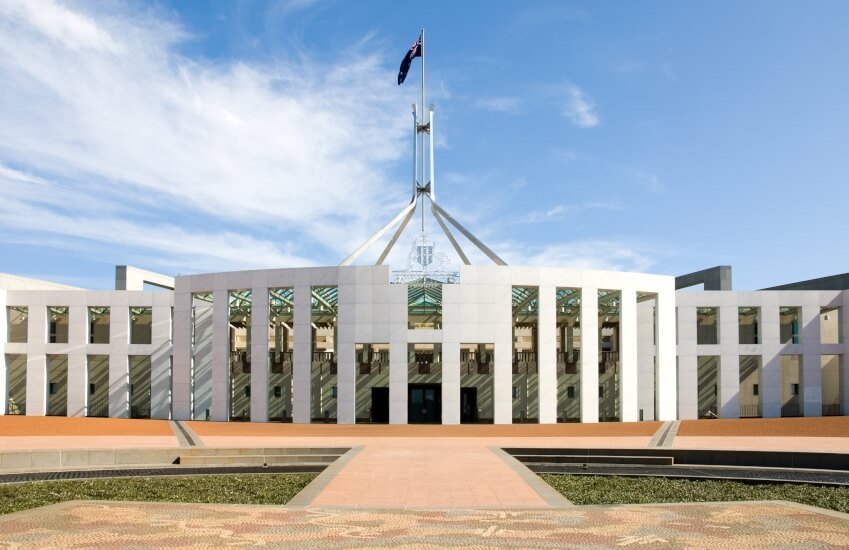12-month window for SG amnesty fast evaporating
With the 12-month window allocated for the SG amnesty close to finishing and the legislation still not passed, employers will have limited time to use it even if it is legislated.
On 24 May last year, the government announced a superannuation guarantee (SG) amnesty which would give employers an opportunity to rectify past SG non-compliance without penalty.
The SG amnesty measure, contained in Treasury Laws Amendment (2018 Superannuation Measures No. 1) Bill 2018, is intended to apply from 24 May 2018 till 23 May 2019, once the bill is passed.
When Parliament was concluded for the year in December last year, the amnesty bill had still not been enacted.
With Parliament not set to recommence until 12 February, even if the bill is passed by the Senate relatively quickly, employers would have just over three months to use the amnesty with the confidence that it has been passed as law.
With the budget to be handed down on 2 April and an election that must be held no later than 18 May, it has been speculated that the government would have to dissolve Parliament on 15 April.
This leaves just five days for the Senate to pass the bill before the election.
In an online update in December, the ATO said that if the bill is enacted, it will apply the new law retrospectively to include voluntary disclosures made at any point during the 12-month period.
“You will be entitled to the benefits of the amnesty for any SG shortfalls you’ve voluntarily disclosed to us, subject to the eligibility criteria,” it stated.
Commentators have previously predicted that the bill would not be passed in its current form because it is “politically controversial”.
“I don’t think this will happen or at least won’t happen in its current form,” DBA Lawyers special counsel Bryce Figot said previously.
“Labor has made it clear they are opposed to giving an amnesty to recalcitrant employers.”
He also noted that over 100 employers had come forward under the amnesty despite the fact it had not yet been passed as law and therefore didn’t provide any specific legal right.
While some have suggested that employers should hold off disclosing until the SG amnesty is passed, PwC director of private clients Liz Westover said that, in her opinion, this could also be a risky move.
“[My view is] that I think you have an obligation to pay SG. I think you should be putting your hand up now and declaring yourself to the tax office now,” Ms Westover said previously.
The worst-case scenario, she explained, is that the law applies as it does now, and given the fact that the employer has put their hand up and gone to the ATO and admitted the mistake, the likelihood of getting those penalties remitted is high.
“If you get reported to the ATO by an employee, on the other hand, and that instigates audit proceedings, you’re going to get the book thrown at you. That means all those implications plus penalties and there is no chance of the amnesty,” she said.
“[Also], if you identify a problem and you decide to wait, how does that impact your professional obligations? If you know that your client has not met their SG obligations and you are not reporting it to the ATO because you are waiting for this amnesty, then there could be a problem around your professional obligations.”
Ms Westover also warned that it is becoming much easier for the ATO to identify unpaid super with single touch payroll being rolled out.

Miranda Brownlee
Miranda Brownlee is the deputy editor of SMSF Adviser, which is the leading source of news, strategy and educational content for professionals working in the SMSF sector.
Since joining the team in 2014, Miranda has been responsible for breaking some of the biggest superannuation stories in Australia, and has reported extensively on technical strategy and legislative updates.
Miranda also has broad business and financial services reporting experience, having written for titles including Investor Daily, ifa and Accountants Daily.








